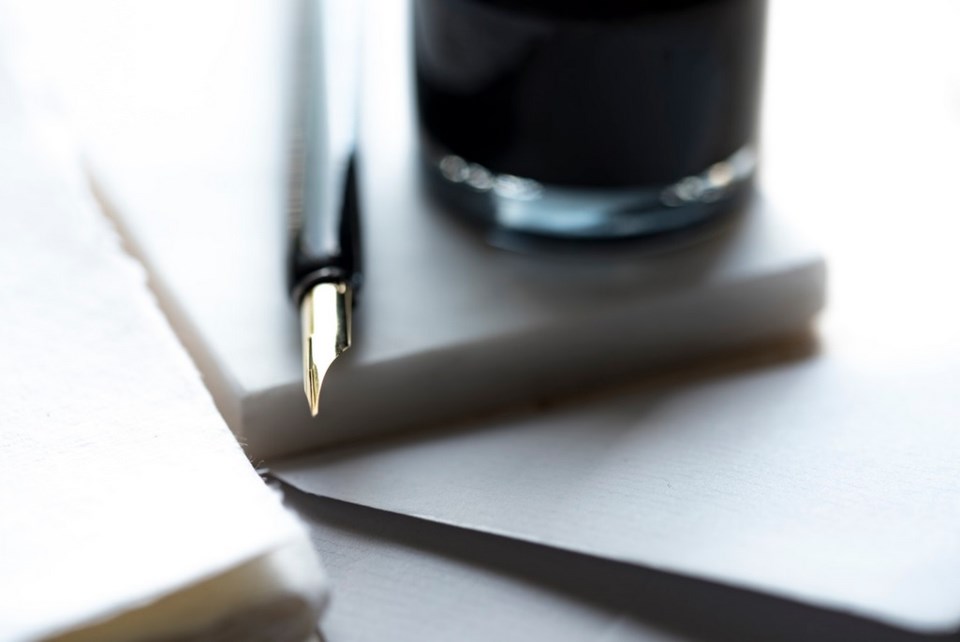In our attempt to recognize, categorize and differentiate, individuals are waging the Third World War and we won’t even realize this until it is too late.
My family moved to tPrince George when I was six years old. I have always found PG to be a wonderfully welcoming community, filled with many generous and friendly folks. I consider myself very fortunate to be able to call this small northern city home. Perhaps it is because I grew up in a big family or perhaps the reason that I am very passionate about inclusion is because my heart doesn’t allow me to accept it when people feel alone; especially, since there are so many of us humans living on this planet.
I am not perfect, I do not believe that anyone is, and I do not claim to know all of the answers to the world’s problems. Thanks to my life’s experiences, I am able to recognize the civil unrest happening throughout the world.
Those who know me will tell you that I am a willing and passionate volunteer when it comes to community building. Of all of my roles, I am perhaps most thankful for the opportunity to lead a tremendously kind group of people to be a welcoming committee for new residents of PG who seek out interest-based opportunities for fellowship and belonging in this community. This program is called ConnectPG.
Together, with the help of Mark Wessner and Ryan Beer, in 2015 we set out to create a system for helping this community become more inclusive towards those who move to PG from other places within Canada and throughout the world. Over the past five years, ConnectPG has held many events, group meetings and one-on-one meetings as a way to engage in the practice of inclusion. At the same time, we have worked to encourage other towns and cities to do the same.
As I watch people throughout the world striving to find meaning within racial division, my heart is quietly beating out these words: “act, don’t react."
Leaning on the teachings of great leaders, such as Gandhi, who spent most of his life living in exile, Martin Luther King, whose greatest asset was his sense of belonging, and Mother Teresa, a woman who selflessly taught the world the lesson that “we are all equals," I try to use my head and my hands to honor their teachings by leading in ways that highlight inclusion.
Yesterday, I learned of a new community group starting up in Prince George. While this was wonderful news, at the same time I learned that the purpose for this group is to exclusively serve the needs of Afro and Caribbean people moving to PG. Have we not come so far as a society to recognize that the more we differentiate ourselves, the less we are able to come together to solve tough issues. This is not to say that we should not find ways to celebrate our heritages and cultures, or that assimilation is the key to inclusion. On the contrary, we should both celebrate and share our traditions. I am sure that many would agree with me that life would be boring without this.
I am curious if others are feeling that there is a global movement, based on racial identification, that is dividing us on an individual level. If humans are not careful, this unrest could lead to war. There will be no getting away from the negative effects of a war that is happening on every front. Some will try to support; some may try to engage, while others will disenfranchise themselves from the whole human race.
I urge you to do the math, take stock of the things that are happening around you in reference to this global social movement. Which side will you take? The teachings of great leaders have shown us the value of community and personal triumph. An answer is needed to soothe the pain caused by generations of human enslavement and power-over relationships. The key to this challenge lies in the personal responsibility of each one of us to manage our own power in ways that do not extend outside oneself.
Fifty years from now, will we have accomplished what we are setting out to do as a human population, to try to create a more sustainable world for ourselves and further generations, with the adversity and division that we are just beginning to create using social media, by insisting that racial identity continues to define our lives and our day-to-day actions?
When you seek out information on things you need, how easy is it for you to find this information? Do you find yourself needing a personal assistant just to wade through your options? Do you feel like these behaviors are the most efficient and sustainable use of your time and the planet’s finite resources? Many of us shop at box stores because it allows us to get a long list of items we require. We need to be thinking more like this as we create new community programs and services. We need to be leveraging partnerships and resources if we want to retain our current lifestyles.
Most of all, we need to feel like we belong, and this cannot happen unless we create a collective vision for our community, based on our interests, and not on race, or the place where we were born.
Laurie Dillman
Prince George



